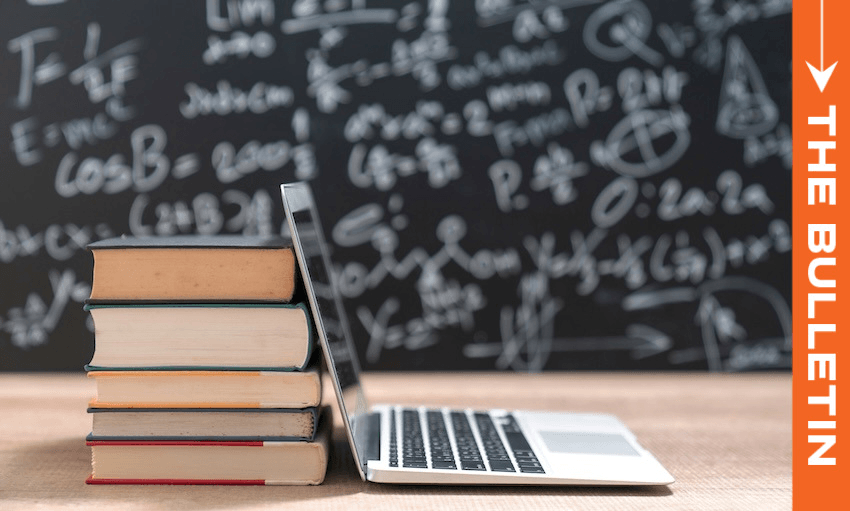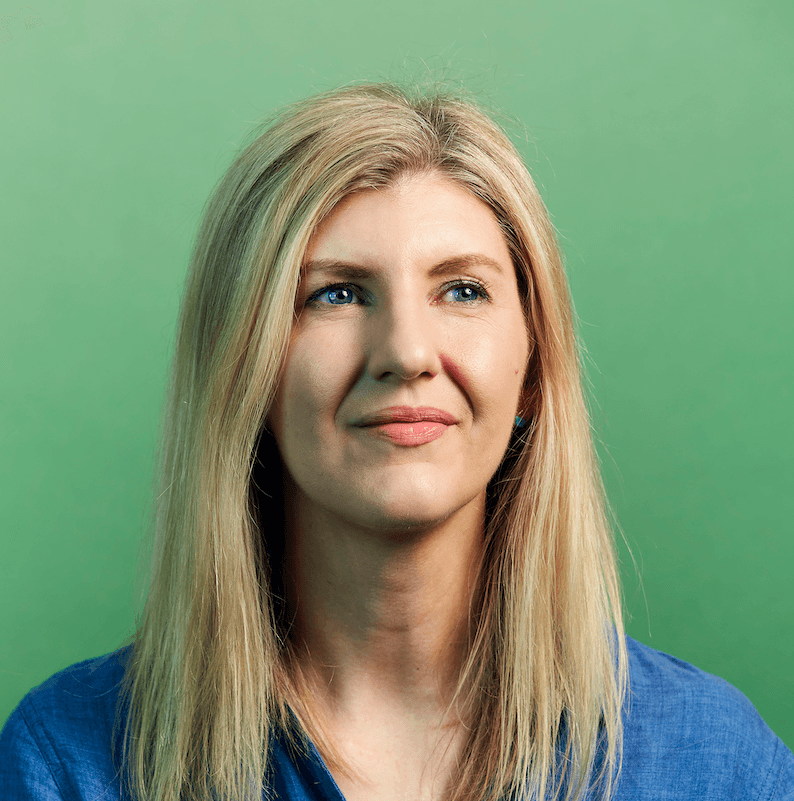A last-minute decision to return to pen and paper has put a spotlight on higher education’s struggle to ensure academic integrity in the age of AI, writes Catherine McGregor in today’s extract from The Bulletin.
To receive The Bulletin in full each weekday, sign up here.
Handwriting makes a surprise comeback for some students
As mentioned in Tuesday’s Bulletin, Victoria University of Wellington’s law school has announced that it is returning to handwritten exams for some courses this trimester, citing fears of AI-assisted cheating. The sudden decision affects students in two 300-level courses, both of which are externally regulated and require in-person, invigilated assessment.
In a message to students, law dean Geoff McLay said the university lacked a reliable technical solution to prevent unauthorised AI use on laptops. The affected students seem unimpressed, with one telling the Herald it’s “backwards behaviour” that has “left students in the lurch”. Vic’s provost Bryony James has acknowledged the bad timing, but says handwritten exams remain “the gold standard of ensuring integrity”.
NZ’s mixed assessment landscape
While Victoria pushes back against AI in exams, other universities are taking different approaches. At Auckland University, all law exams remain digital, backed by lockdown browsers (which deny access to unauthorised websites) and in-person invigilators. At Waikato it’s the opposite: all law exams are handwritten, with exceptions for students with accessibility needs. It’s a mixed picture when it comes to other disciplines, too. An Auckland University spokesperson tells RNZ that 61% of all exams were digital in 2024. At Victoria University, it’s only 30%.
Among universities considering a return to handwritten (or “blue book”) exams, changes to the format may sometimes be required. According to Bryony James, “one way to help students faced with handwritten tests [is] to make them multi-choice, or require answers in bullet-point form”, RNZ writes.
A warning from the US
Victoria University’s decision coincides with an alarming investigation by New York magazine (soft paywall) into rampant AI cheating at US universities. Author James D. Walsh paints a picture of widespread, almost casual reliance on tools like ChatGPT to complete assignments. Sarah, a Canadian university student, explains her dependence on AI bluntly: “I spend so much time on TikTok. Hours and hours, until my eyes start hurting, which makes it hard to plan and do my schoolwork. With ChatGPT, I can write an essay in two hours that normally takes 12.”
The problem isn’t confined to essays – students are now using AI to pass coding assignments, solve complex maths problems and cheat in internship interviews, Walsh writes. Many professors are on the verge of giving up. One “is now convinced that the humanities, and writing in particular, are quickly becoming an anachronistic art elective like basket-weaving”.
Says the professor: “Every time I talk to a colleague about this, the same thing comes up: retirement. When can I retire? When can I get out of this? This is not what we signed up for.”
The detection dilemma
While universities are going old-school to beat AI cheating in exams, many are relying on tech solutions to catch students who use AI to write essays at home. Massey University has leaned heavily on Turnitin’s AI-detection feature, but its rollout has been mired in controversy. Last April the Sunday Star-Times reported that at least 20 Massey students had “claimed amnesty” in exchange for confessing to using ChatGPT to cheat. Provost Giselle Byrnes said the university uses Turnitin’s AI-detection “as a last resort” but a number of students said they had been accused of cheating after receiving false positives, the Manawatu Standard reported.
A recent Reddit post from another New Zealand student detailed their struggle with faulty detection tools. Under the headline “AI has ruined my university experience”, the user wrote that they “truly put a lot of effort into my work [but] recently all of my assignments have been coming back as AI-generated … I’m sick of looking like a cheater, and I know none of my tutors believe me when I say I don’t use ai.”

